As odd as this sounds to chicken keepers, this is a legitimate question that some people ask.
Eggs have a hard shell when they are laid and will not harden as they are exposed to air. Eggs are formed inside the chicken over the course of 25 hours and will not continue to develop after they are laid. If an egg is laid with a soft shell, this could be a sign of calcium deficiency in the chicken.
Keep reading to learn more about eggshells and what it means to find an egg that has a soft shell.
How Eggs are Made
A chicken is born with tens of thousands of ova, or potential eggs, when she is born; however, most of these undeveloped yolks will never develop to the point of ovulation.
A yolk is released into the oviduct about an hour after the previous egg was laid. If a rooster inseminated a hen in the 3 to 4 weeks prior to ovulation, the yolk can become fertilized. If no sperm is present, the yolk will continue its journey through the oviduct, which takes about 15 minutes.
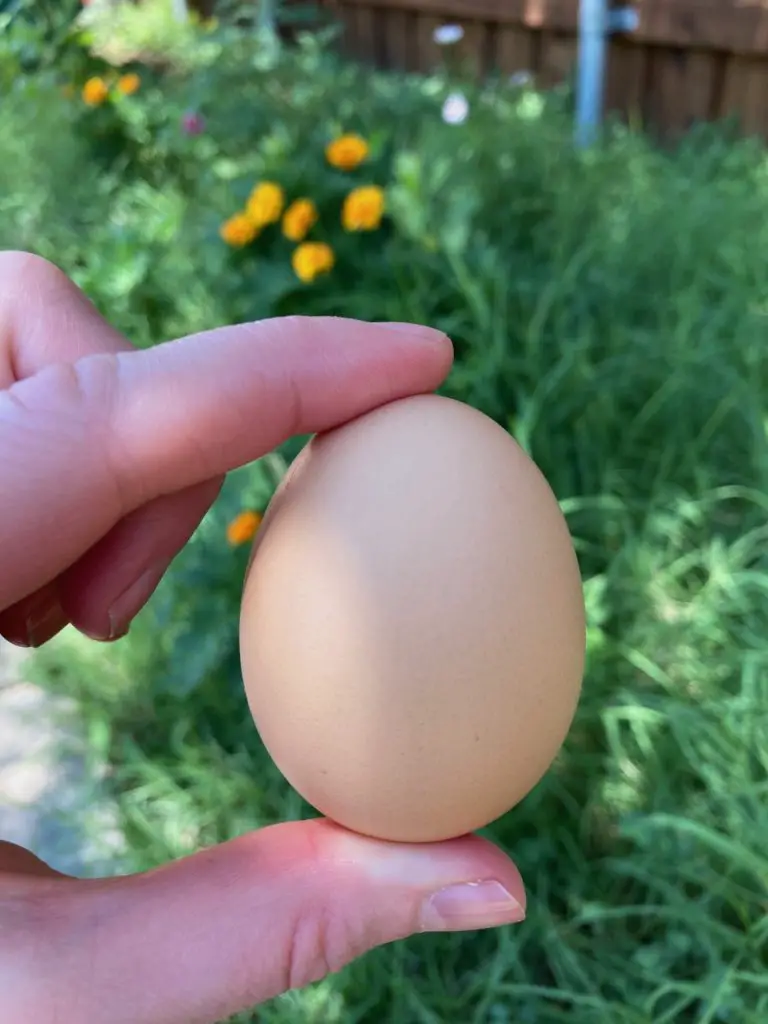
The yolk then travels to the magnum where the egg white is added. This process takes about 3 hours.
Next, the developing egg will travel to the isthmus to have 2 membranes applied, which takes between 60 to 90 minutes.
The egg is now ready to have to have the shell applied in the uterus. Eggshells are made of calcium carbonate. Typically, hens will get sufficient calcium from their diet, especially when they are fed a layer feed.
However, if the hen is not able to obtain enough calcium from her diet, her bones will be robbed of calcium to provide for the egg shell. If this continues for a prolonged amount of time, the hen can development osteoporosis.
The egg will also have the pigment, or coloring, added while in the uterus. It will stay in the uterus for about 20 hours. By the time the egg leaves the uterus, it will have the hard eggshell applied, exactly what we see when the egg is laid.
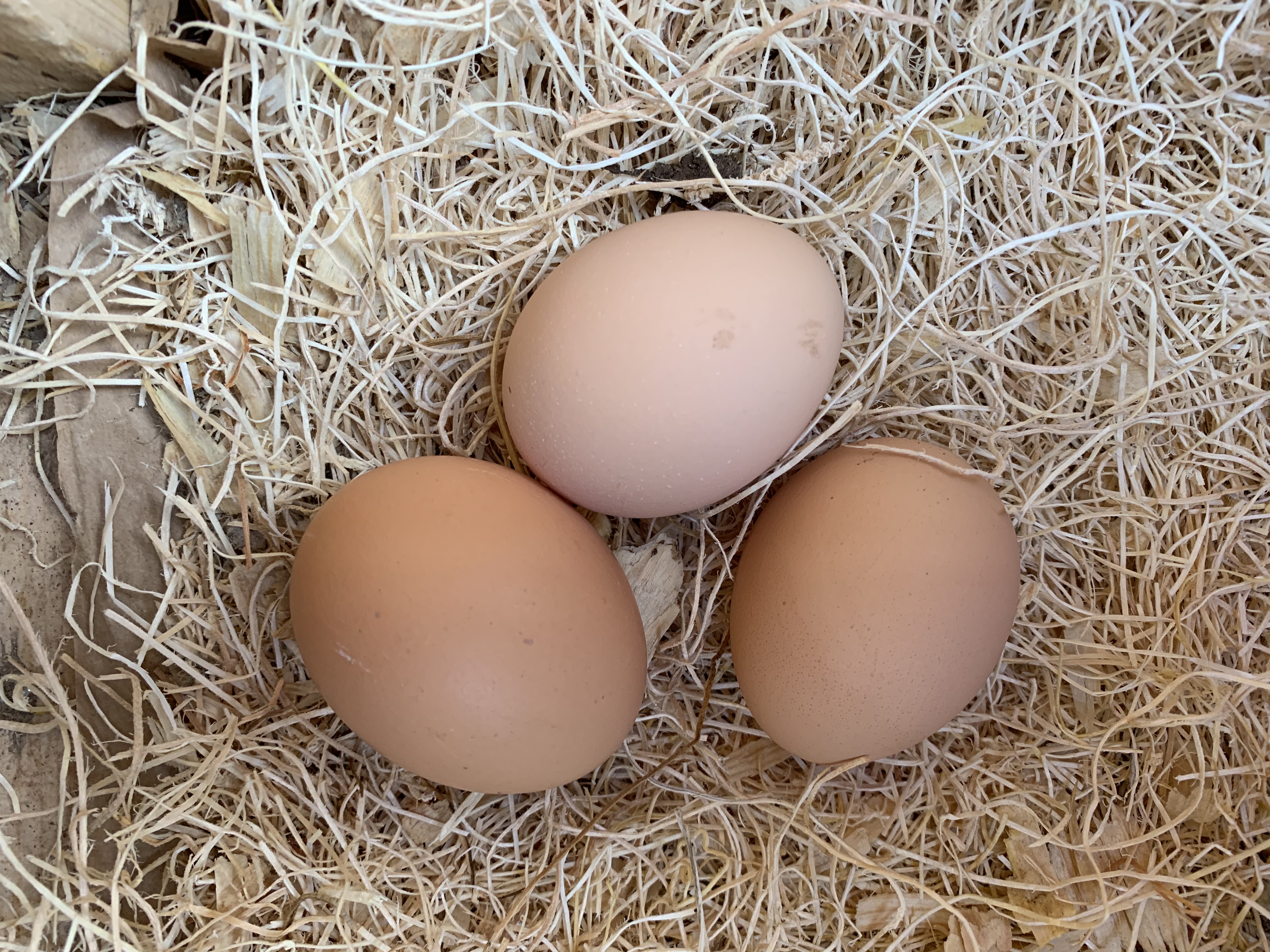
When the egg has finished this cycle, it will be carried to the va-gina where the egg has the bloom, or cuticle applied. The bloom protects the egg from bacteria once it is laid. The egg will be rotated 180 degrees (from the pointed side leading to the rounded side leading) and then passed into the cloaca.
From the cloaca, the egg is laid with rounded side down and the process starts over again.
Since this whole process takes about 25 hours, a chicken will lay an egg about an hour later each day than the day before.
What it Means When You Find a Soft Egg
Calcium is the major ingredient in egg shells and when there is a deficiency in calcium, egg shells become weak, thin, or soft.
These are the most likely reasons for finding a soft egg:
- Pullets are more likely to lay soft eggs since their bodies have not gotten into the rhythm of laying eggs regularly. When your chickens are less than one year old and they lay a soft egg occasionally, there is no need for concern as this is normal.
- By contrast, older hens can also lay soft eggs as their bodies wind down from their most productive egg laying years. Once again, if this is occasional, there is no need for concern.
- Another instance that can lead to soft eggs is heat. During warm weather, chickens will eat less feed. When chickens obtain the majority of their calcium from their layer feed, they will have a reduction in calcium levels during hot weather and will need their diet to be supplemented.
- On rare occasion, a chicken can become frightened or too excited and her body will lay the egg before it is finished developing inside her. If the egg rushes through her reproductive tract, it can be laid without all the necessary components, including the egg shell.
It’s always a good idea to offer your chickens calcium supplements, like oyster shells or crushed egg shells, free choice. When chickens need additional calcium in their diet, they will eat the supplements.
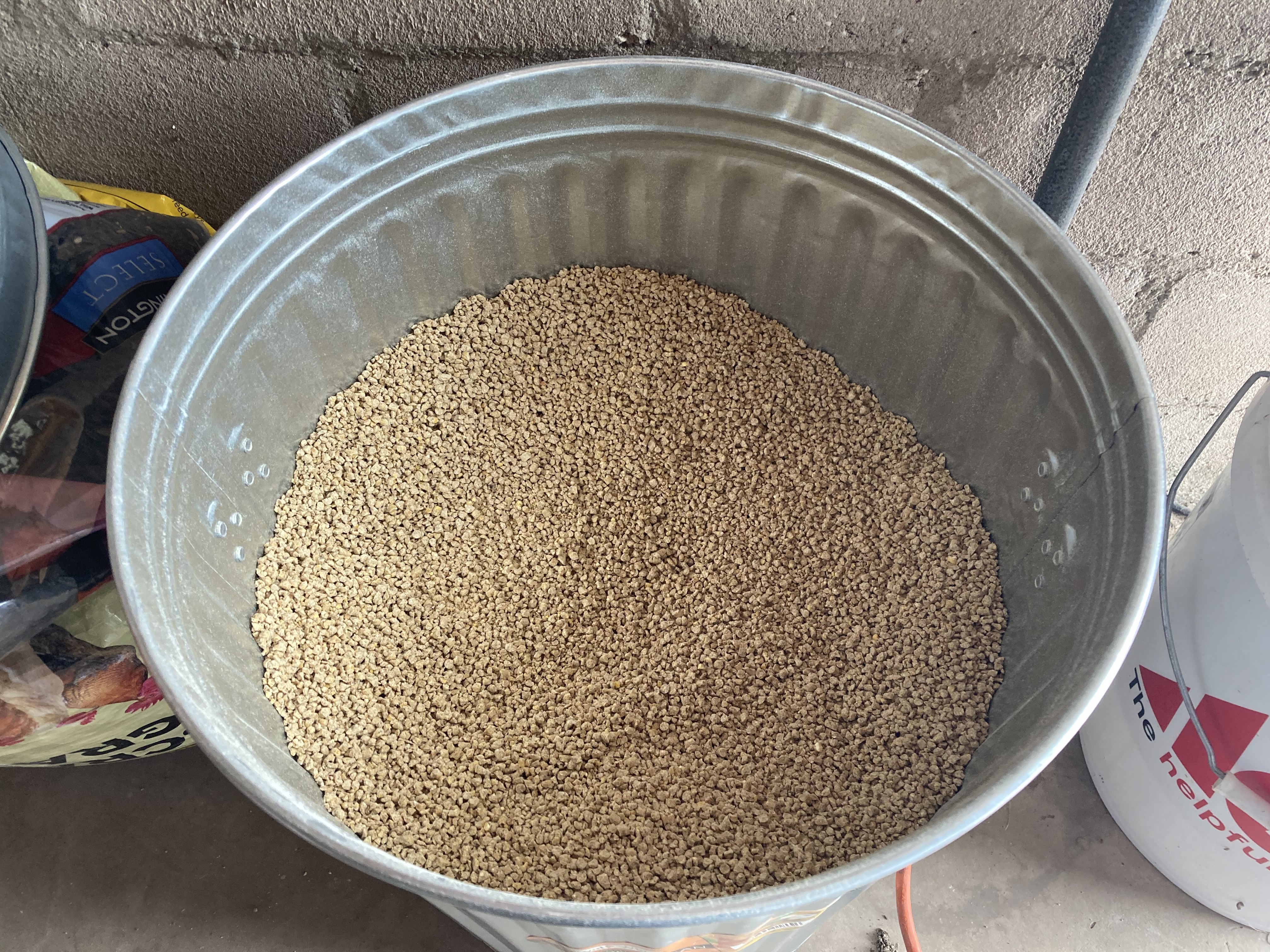
If a chicken receives too much calcium in her diet it can lead to kidney disease, which is why chicks should never eat layer feed. By providing the calcium supplements free choice, you can be assured that you are not providing too much calcium to the rest of your chickens.
Read What to Feed Chickens by Age for more details on what you should be feeding your chickens by age.
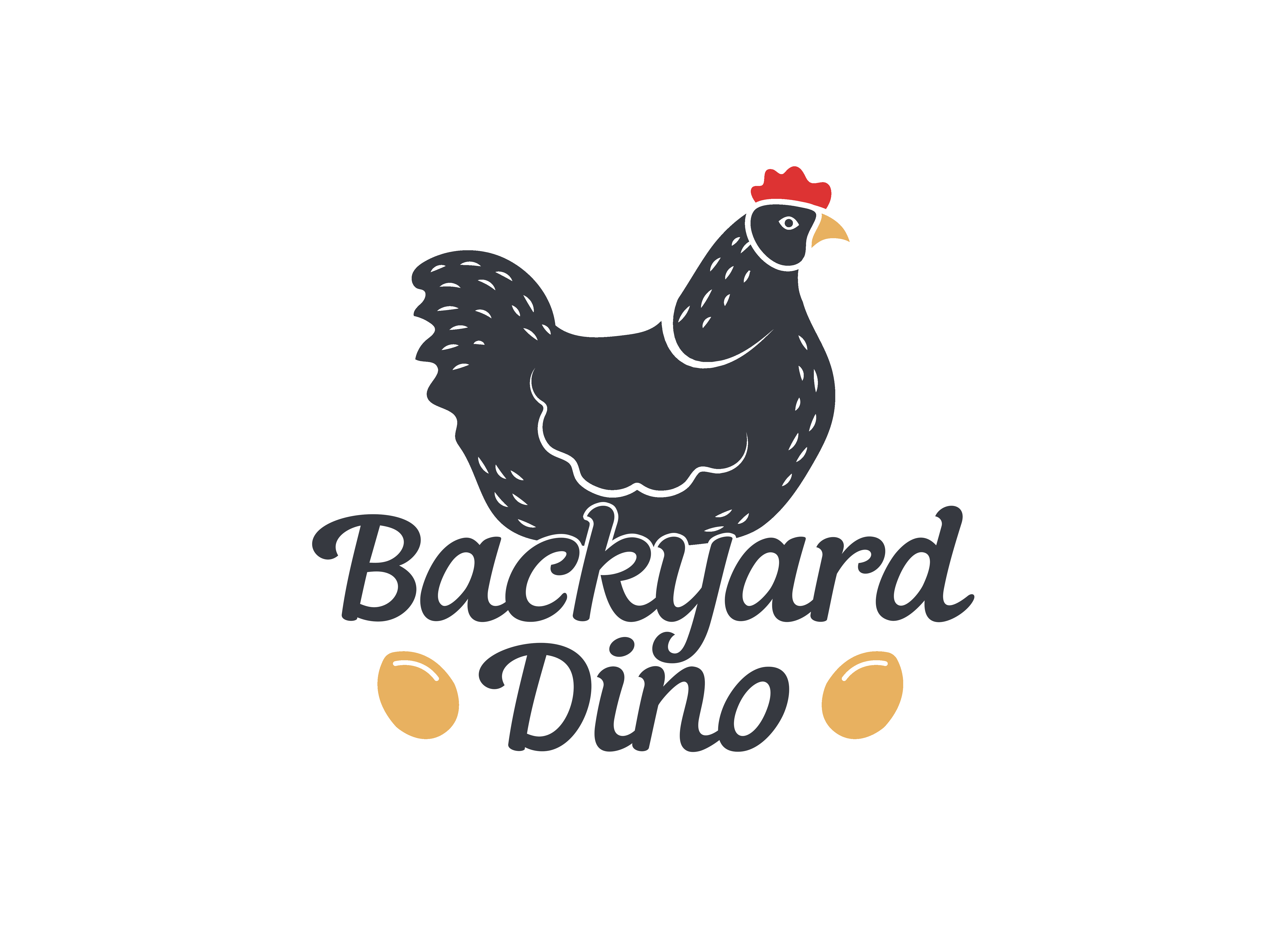
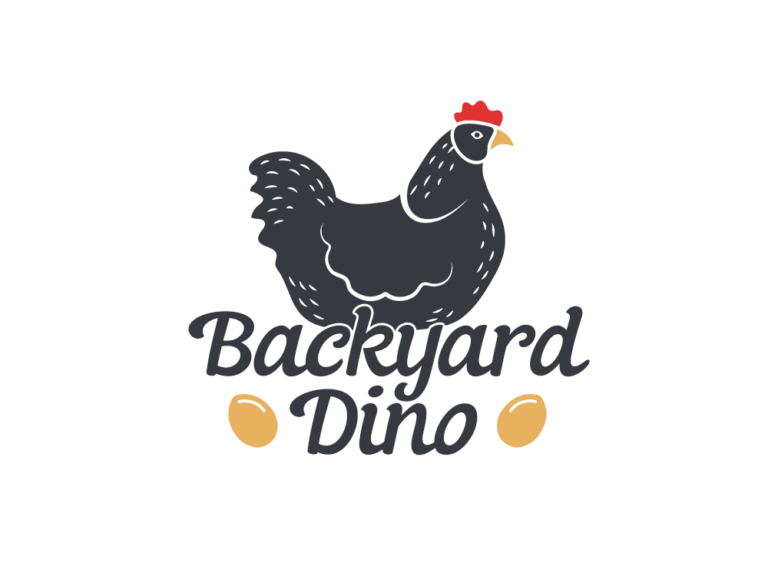
1 comment
[…] Are Eggs Soft When They Are Laid, I provide more information on this topic, including how age and the weather impacts the likelihood […]
Comments are closed.